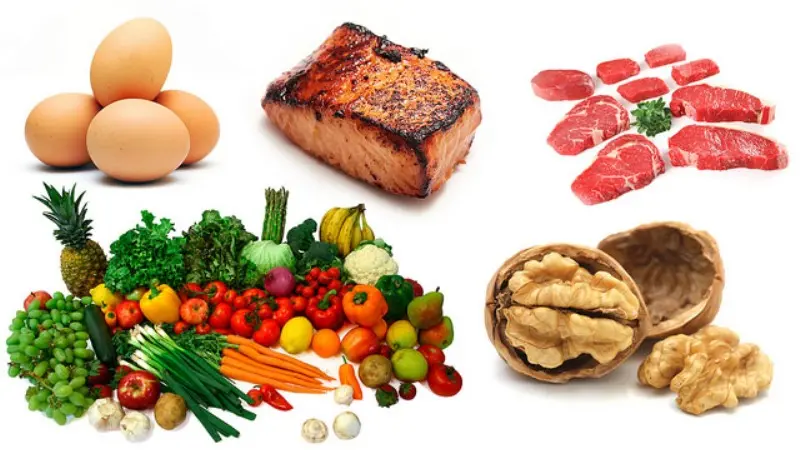
Living with diabetes means paying close attention to what you eat. Your food choices can significantly influence blood glucose levels and impact overall health. In this article, we’ll discuss the foods that are best avoided or limited in a diabetes-friendly diet.
1. Understanding the Diabetes-Diet Connection
In both Type 1 and Type 2 diabetes, the body struggles with insulin regulation, which in turn affects how glucose (or sugar) is processed and used. When blood glucose levels rise significantly and consistently, it can lead to a range of health complications.
Certain foods, particularly those high in simple sugars and unhealthy fats, can cause these unhealthy spikes in blood glucose. Therefore, knowing which foods to avoid can play a crucial role in managing diabetes.
2. Foods to Avoid with Diabetes
Here are some food categories that people with diabetes should generally limit or avoid:
1. Sugary Beverages
Drinks high in sugar, like sodas, fruit juices, and sweetened iced teas, can cause rapid spikes in blood glucose levels. They’re also high in calories, contributing to weight gain, a risk factor for worsening diabetes control. It’s best to choose water, unsweetened tea, or coffee as your primary beverages.
2. Refined Carbohydrates
Refined carbohydrates like white bread, white rice, and pasta are stripped of their fiber during processing. This lack of fiber means that these foods are digested quickly, causing a rapid rise in blood glucose. Whole grain alternatives are a healthier choice because they’re higher in fiber and are digested more slowly, preventing blood glucose spikes.
3. Processed Foods
Processed foods, including certain types of canned foods, fast foods, and microwave meals, often contain high levels of sodium, unhealthy fats, and added sugars. Regularly consuming these foods can lead to weight gain and high blood pressure, which can worsen diabetes management.
4. Trans Fats
Trans fats are found in many processed foods, such as pastries, baked goods, and margarine. They have no nutritional benefits and can increase ‘bad’ LDL cholesterol levels while lowering ‘good’ HDL cholesterol levels. This can lead to an increased risk of heart disease, a common complication of diabetes.
5. Full-Fat Dairy Products
While dairy products are a good source of protein and calcium, full-fat dairy products can be high in saturated fats. These fats can increase cholesterol levels and heighten the risk of heart disease.
6. High Sodium Foods
People with diabetes are already at risk for high blood pressure, and consuming high-sodium foods can exacerbate this risk. Processed foods, canned soups, and certain sauces and seasonings can be high in sodium. Reading food labels and choosing low-sodium options can help keep blood pressure in check.
3. Balancing Your Diet
While the above list might make it seem like there are many foods to avoid with diabetes, there are still plenty of delicious and nutritious foods you can enjoy. The key is to focus on balanced, varied meals packed with whole foods.
Opt for fruits and vegetables, lean proteins, whole grains, and healthy fats like those found in nuts and avocados. Portion control is also critical – even healthy foods can contribute to high blood sugar levels and weight gain if eaten in large amounts.
Remember that everyone is different, and what works for one person may not work for another if you have diabetes, it’s beneficial to work with a dietitian or diabetes educator to create a dietary plan that suits your individual needs, food preferences, and lifestyle.
Conclusion
Food choices can significantly impact blood glucose control and overall health when you have diabetes. Understanding which foods to avoid and how to balance your meals can help manage your blood sugar levels and reduce the risk of complications always consult with a healthcare professional for personalized advice and guidance.


